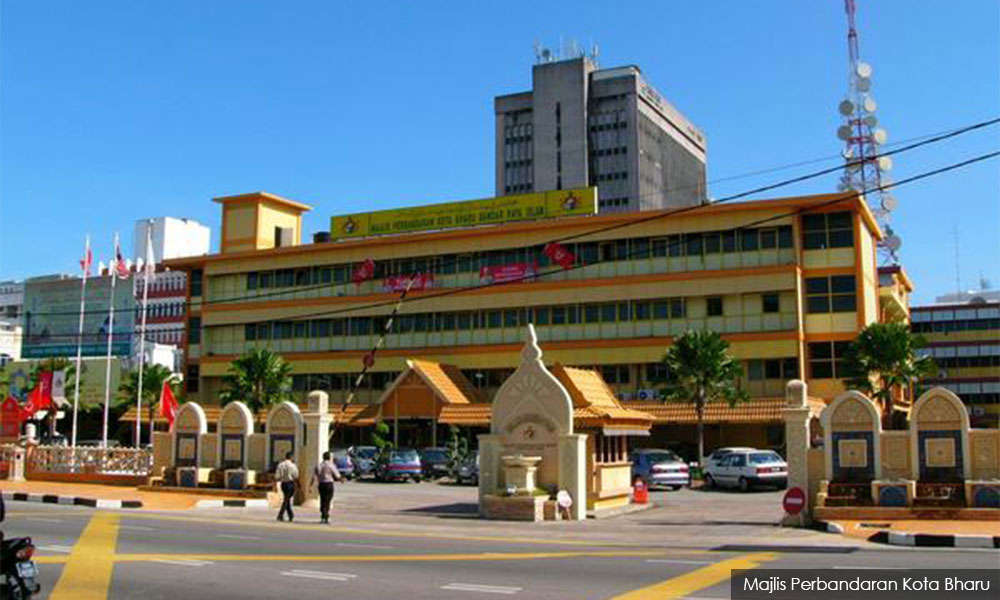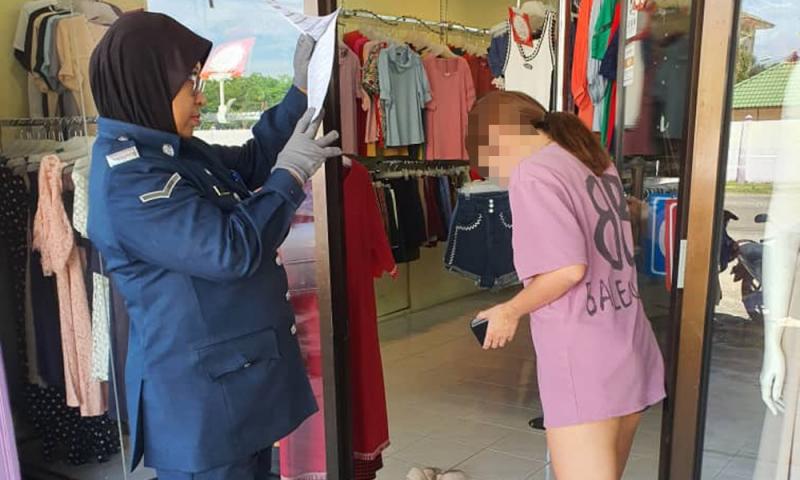LETTER | Local authority by-laws explained
LETTER | What is a by-law? It is a law made by a local authority and applies only to that area. The local authority is given the power to make law by specific legislation, called primary legislation – a law passed by Parliament.
This makes a by-law a subsidiary legislation, but law nonetheless because, under Article 160(2) of the Federal Constitution, the law includes written law.
“Written” does not mean “in print” or black and white. It means formally “enacted” or “made” into legislation or subsidiary legislation – both at federal and state levels.
Written law at the federal level includes the Federal Constitution, federal legislation being Acts of Parliaments and federal subsidiary legislation.
At the state level, it comprises the State Constitutions, State Enactments or Ordinances (in Sarawak) and state subsidiary legislation, including by-laws.
The local authority makes Kelantan’s Business and Industrial Trade By-Laws 2019 under powers conferred by Section 102(s) and Section 102A of the Local Government Act 1976 (Act 171) and confirmed by the State Authority under Section 103 of Act 171.
Section 102(s) states that “every local authority may from time to time make, amend and revoke by-laws in respect of all such matters as are necessary or desirable for the maintenance of the health, safety and well-being of the inhabitants or for the good order and government of the local authority area”.
This is for the purpose of controlling and supervising, by registration, licensing or otherwise, including in proper cases by prohibition, “a trade, business or industry which is of an obnoxious nature or which could be a source of nuisance to the public or a class of the public”.
Section 102A allows any by-law, rule or regulation made by the local authority to prescribe fees and charges for any matter or thing required or authorised to be done thereunder.
Section 103 ensures that a by-law, rule or regulation will not have effect until it is confirmed by the State Authority and published in the Gazette.
“State Authority” is defined under Section 2 as (a) in relation to the States of Peninsular Malaysia, the Ruler-in-Council or Governor-in-Council of a State and includes in Negeri Sembilan the Yang di-Pertuan Besar acting on behalf of himself and the Ruling Chiefs; and (b) in relation to the Federal Territory, the Minister charged with the responsibility for local government.
So, Kelantan’s Business and Industrial Trade By-Laws 2019 is a law properly enacted or made. It may be a by-law or undang-undang kecil, but law nonetheless.
There are similar by-laws in other states on licensing of trades, businesses and industries. Kuala Lumpur, for example, has the Licensing of Trades, Businesses and Industries (Federal Territory of Putrajaya) By-Laws 2016.

More elaborate
The differences are in the details. Kelantan’s by-laws are more elaborate.
By-law 34, for example, stipulates as follows (in BM):
(1) Pemegang lesen hendaklah memastikan dirinya dan pekerjanya berpakaian sopan, bersih dan kemas sepanjang menjalankan aktiviti tred, perniagaan atau perindustrian.
(2) Tertakluk kepada per
enggan (1), pemegang lesen hendaklah—
(a) bagi yang beragama Islam, memastikan dirinya dan semua pekerjanya yang beragama Islam memakai pakaian menutup aurat dan sekiranya pekerjanya bukan beragama Islam hendaklah memakai pakaian sopan; atau Kn. P.U. 24. 492
(b) bagi yang bukan beragama Islam, memastikan dirinya dan pekerjanya yang bukan beragama Islam memakai pakaian sopan dan sekiranya pekerjanya beragama Islam hendaklah memakai pakaian menutup aurat.
The term “berpakain sopan” is defined to mean (in BM) “pakaian wanita atau lelaki yang tidak ketat atau sempit atau nipis sehingga menampakkan atau mendedahkan tubuh badan dan tidak mencolok mata pada pandangan umum”.
The term “pakaian menutup aurat” is also defined. It means ertinya pakaian wanita Islam yang menutupi seluruh badan kecuali muka dan kedua-dua tangan dan pakaian berkenaan hendaklah tidak ketat atau sempit atau nipis sehingga menampakkan bentuk tubuh badan dan pakaian lelaki Islam adalah di antara pusat hingga kedua-dua lutut.
So, the by-laws are clear. They apply only to a licensee, any person to whom a business premise licence is issued under the by-laws, and his or her employees.
Are the by-laws unconstitutional?
Any party aggrieved by the by-laws has the right of recourse to the court to challenge them.
The views expressed here are those of the author/contributor and do not necessarily represent the views of Malaysiakini.
RM12.50 / month
- Unlimited access to award-winning journalism
- Comment and share your opinions on all our articles
- Gift interesting stories to your friends
- Tax deductable
